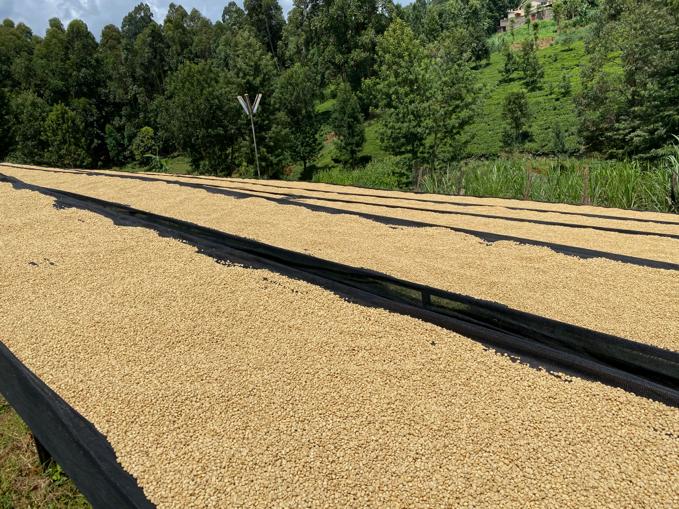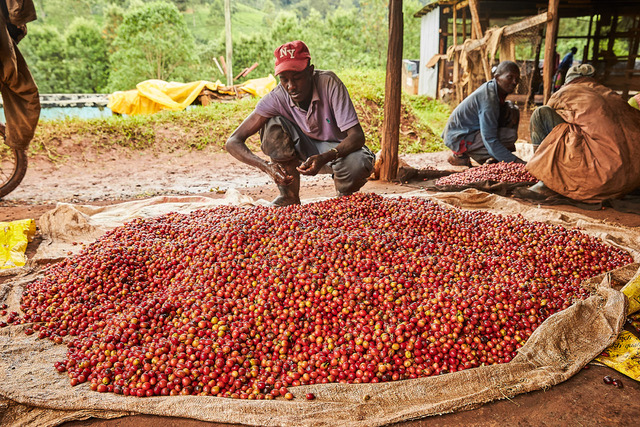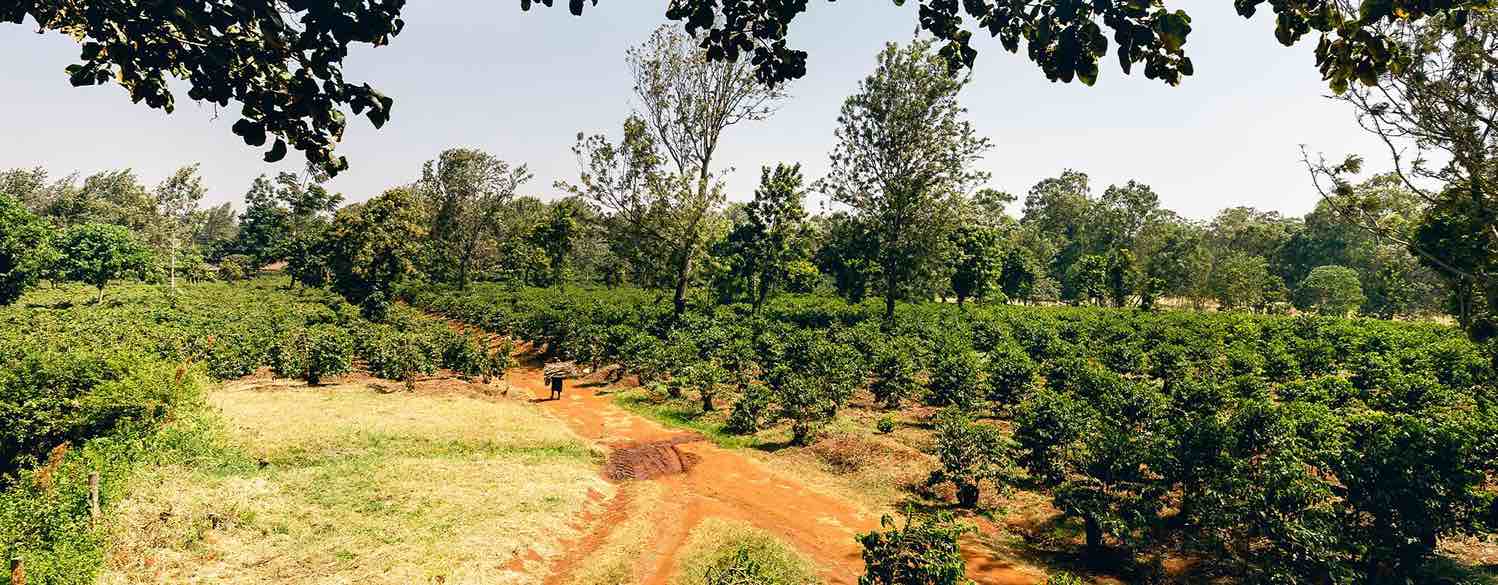
Bean to Mug
The best coffee grows and flourishes on rich volcanic soils, found within the highlands and estimated between 1400 to 2000 meters above sea level. The best coffee also does well under temperatures of 14 to 26°C.
Sustainable Farming Practice
At Servicoff Limited, we emphasise on sustainable farming practices, that conserve the environment and give back to the community by providing employment and economic empowerment.
The Perfect Environment
Plant Health Rejuvination
Pest & Disease Control
Reducing the Impact
Coffee is generally susceptible to disease and pests. This makes use of insecticides and fungicides an integral part of the growing process. However, we are conscious of the impact this has to the environment. Therefore, in order to reduce the impact on the environment, we grow disease resistant varieties that require less use of chemical sprays and also rely more on systemic and organic pest and disease control methods.
Bringing in the harvest




